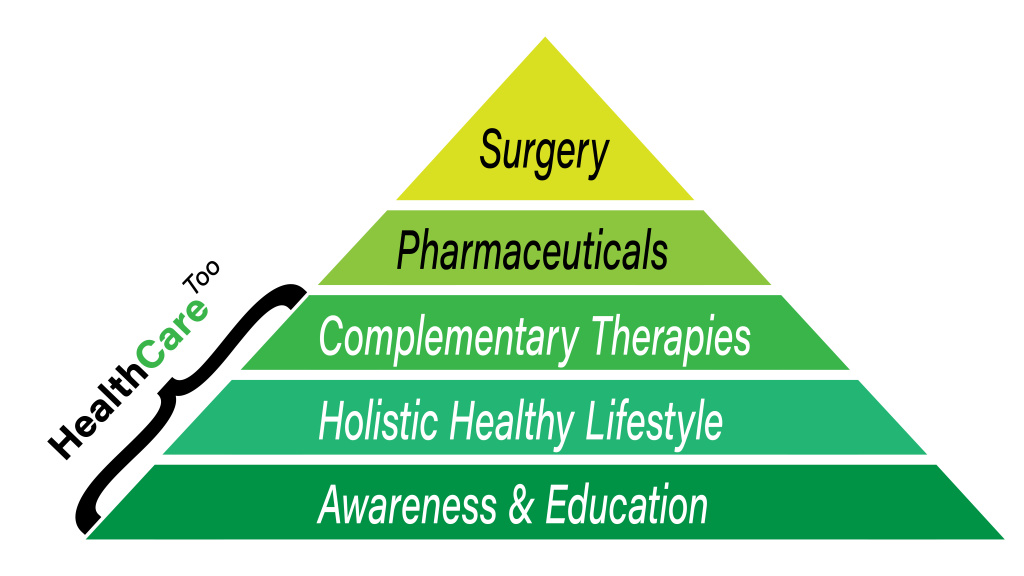Health Benefits of Ginger
Ginger works in so many dishes and drinks. This wonder herb also has a history of supporting health, from alleviating nausea to menstrual cramps.
In the kitchen, we’ve long used ginger—in anything from ginger molasses cookies and ginger tea to Indian- and Asian-inspired dishes—as a flavor-agent. But in addition to being one of the most delicious and distinctive spices on the planet, ginger root has long been touted as a panacea for an array of health concerns. Today, the health benefits of ginger are becoming more recognized by both Western medicine practitioners and the wellness-minded among us with anecdotal evidence.
Nutritionally, the spice is a star. In a whole cup of chopped fresh ginger root, you’ll find just around 80 calories, less than 18 grams of carbohydrates, and about 2 grams of fiber and protein. Toss in a tablespoon to a recipe and you’re adding less than 5 calories, which is why Keri Gans, RDN, certified yoga instructor and owner of Keri Gans Nutrition, says, “ginger is used in such small amounts and is so low in calories that it doesn’t ever offer high quantities of calories, carbs, or sugar.” Each zingy bite of ginger also contains vitamins and minerals like iron, vitamin C, potassium, magnesium, and zinc.
While the root itself may look intimidating, don’t let yourself be turned off; ginger is actually available (and beneficial) in many different forms. “Ginger can be used fresh, dried, powdered, peeled, or as an oil, chips, or juice,” says Gans.
If its flavor and nutrient profile aren’t enough to send you running to the farmers market or grocery store, perhaps the health benefits of ginger will. Read on to learn more about how ginger can boost your well-being.
To read about all 7 health benefits see the original article.




